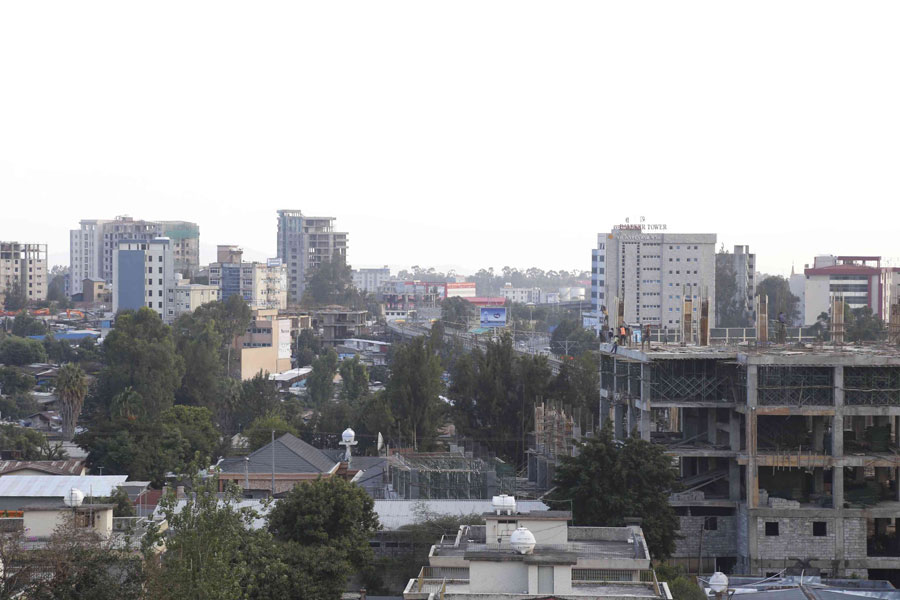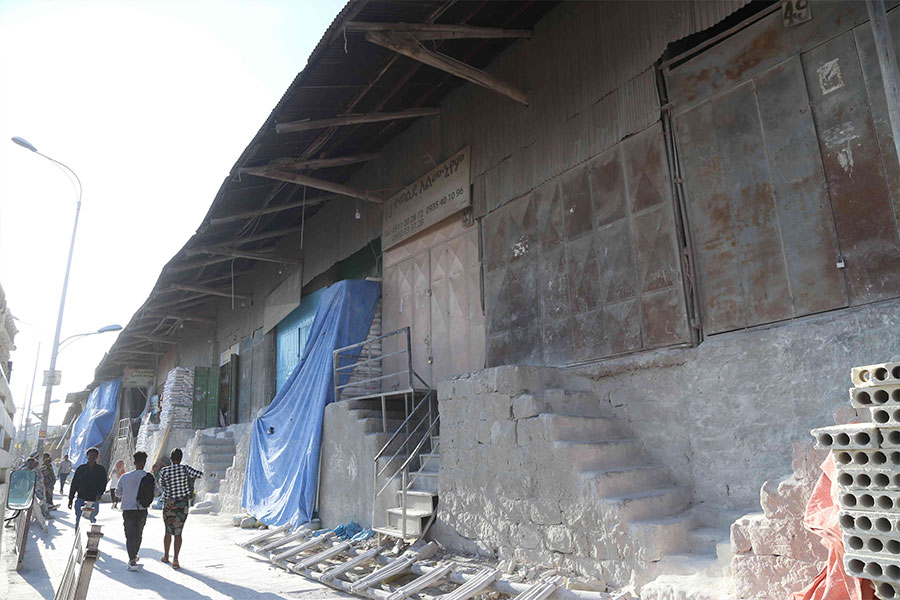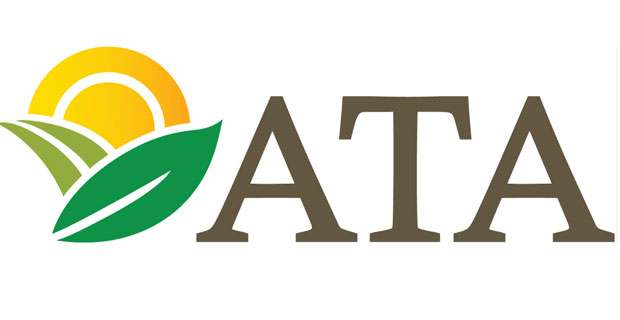
Fortune News | Jul 13,2024
An ambitious cooperative housing initiative designed to provide thousands with affordable homes is mired in a complex web of legal, logistical, and bureaucratic hurdles, demonstrating the difficulties of urban development in fast-growing cities like Addis Abeba.
Launched two years ago by the Addis Abeba Housing Bureau, the project aspired to ease the city’s severe housing shortages, enabling residents to build their own homes through cooperative unions. Approximately 4,500 residents, organised into 54 unions, were granted access to six sites in the Kolfe Keranyo and Aqaqi Qality districts after many had spent years saving to afford subsidised condominium apartments. Despite their efforts, none of these unions have commenced construction.
The city allocated 27hct of land to the unions that had successfully saved up to 70pc of the construction budget, expecting the balance to be covered by loans from the state-owned Commercial Bank of Ethiopia (CBE). However, a litany of issues, including right-of-way disputes, lack of essential infrastructure, and a series of court injunctions, have stalled progress.
Surafel Girma, who leads a 73-member union that raised 81 million Br for its project, voiced concerns over the diminishing purchasing power of its savings due to ongoing delays.
“We'll be unable to dig in the winter,” Surafel told Fortune.
He fears that continued delays, exacerbated by a recent court injunction halting work on their 3.9hct site in Berta Sefer, Qality District, might lead to members withdrawing their funds out of weariness and frustration. Legal challenges from existing landholders (farmers) aggravate the delays.
"Some unions have conducted soil tests under police protection," Surafel said.
Legal experts point to systemic issues in the way land disputes are handled. Arba Beyene, an experienced lawyer in property cases, believes the implementation gaps in the legal framework lack functionality despite its strengths. He attributed poor enforcement to a three-year-old directive intended to facilitate the relocation of affected landowners.
“Compensation should be based on potential earnings,” said Arba, alluding to the fact that most right-of-way disputes stem from inadequate compensation and insufficient information provided to those displaced.
However, officials challenge the notion of inadequate compensation payments, as at least five rounds of discussions were held between district officials and residents in the areas before hundreds of millions of Birr were paid out. They claim further compensation payments would be made under the revised crop valuation rates.
The complexity of these disputes is evident in the story of Alemnesh Hunde and her brothers, who have been embroiled in a legal battle over their property for eight months, spanning more than 6,000Sqm and around 25 homes. Alemnesh, involved in a lawsuit against the Housing Bureau and local administrative bodies, stated her demands unapologetically. The Federal First Instance Court passed the latest injunction two weeks ago.
“I'm not against development," she told Fortune. "I just want to be fairly compensated.”
Infrastructure challenges further complicate the situation.
Mezgebe Alemu, head of an association with 78 members, pointed out the unresolved issues related to a plot in Chaffee of Aqaqi-Qaliti District, which was assigned to them eight months ago.
“They should have cleared these issues before giving us the plot,” said Mezgebe.
A nearby gorge and disputes with a local mosque that allegedly lost about 5,000Sqm due to improper fencing added to the unresolved issue. The 17 associations looking to build 11 housing blocks have pressured the District officials to resolve the mosque's case.
Prospective homeowners, who have collectively raised nearly four billion Birr, are not as optimistic as the officials. Representing another union, Yared Tefera bemoaned the stalled progress due to inadequate road infrastructure.
“Our soil test and design mean nothing without a road,” he said, encapsulating a sentiment echoed across the project’s sites.
Some cooperative unions that have started to float tenders around the Hana Mariam area have yet to finalise demarcations as right-of-way disputes brew with nearby developers.
Despite the array of obstacles, some officials remain hopeful.
Mekonnen Bejina, deputy head of the capital's Housing Bureau, has engaged with the Addis Abeba Roads Authority to request essential services like road access and drainage systems.
“The courts are handling the legal matters,” said Mekonnen, noting a separation of jurisdiction in resolving these issues.
Mekonnen has petitioned the Addis Abeba Planning Commission to consider relocating some of the housing projects to more suitable sites. He assured that individual title deeds would be issued upon the completion of construction, a crucial step in securing homeowners’ investments.
According to Takele Luluna, deputy director general of regulatory at the Roads Authority, the infrastructural issues, such as the precise width of roads, are pending further expert review but should be resolved shortly.
Even as officials ponder the procedural and legal mazes, the residents’ patience appears to wear thin.
Abay Seifu, head of the directorate in charge of right-of-way and land transfer at Aqaqi Qaliti District, acknowledged the ongoing resistance from some farmers who were previously compensated between 286 Br and 491 Br for a square meter, depending on the type of crop they used to cultivate, when their land was incorporated into the city’s land bank. He noted that despite past discussion rounds and compensations, some landowners had reconstructed their homes on the disputed plots.
"Everything will not be solved overnight," he told Fortune.
PUBLISHED ON
[ VOL
, NO
]

Fortune News | Jul 13,2024

Fortune News | Sep 11,2020

Fortune News | Feb 25,2023

Fortune News | Oct 22,2022

Fortune News | Feb 23,2019

Fortune News | Feb 04,2023

Radar | Jun 27,2020

Commentaries | Mar 07,2020

Sunday with Eden | Apr 20,2024

Fortune News | Jul 06,2025

Dec 22 , 2024 . By TIZITA SHEWAFERAW
Charged with transforming colossal state-owned enterprises into modern and competitiv...

Aug 18 , 2024 . By AKSAH ITALO
Although predictable Yonas Zerihun's job in the ride-hailing service is not immune to...

Jul 28 , 2024 . By TIZITA SHEWAFERAW
Unhabitual, perhaps too many, Samuel Gebreyohannes, 38, used to occasionally enjoy a couple of beers at breakfast. However, he recently swit...

Jul 13 , 2024 . By AKSAH ITALO
Investors who rely on tractors, trucks, and field vehicles for commuting, transporting commodities, and f...

Jul 12 , 2025
Political leaders and their policy advisors often promise great leaps forward, yet th...

Jul 5 , 2025
Six years ago, Ethiopia was the darling of international liberal commentators. A year...

Jun 28 , 2025
Meseret Damtie, the assertive auditor general, has never been shy about naming names...

Jun 21 , 2025
A well-worn adage says, “Budget is not destiny, but it is direction.” Examining t...